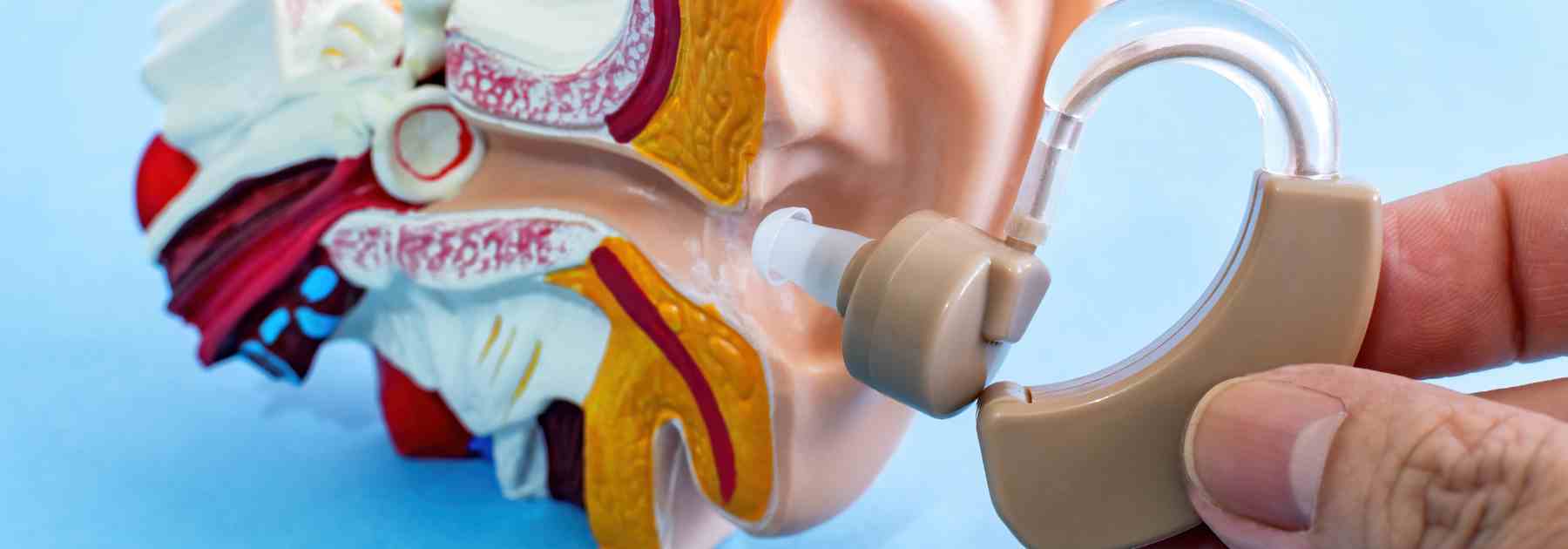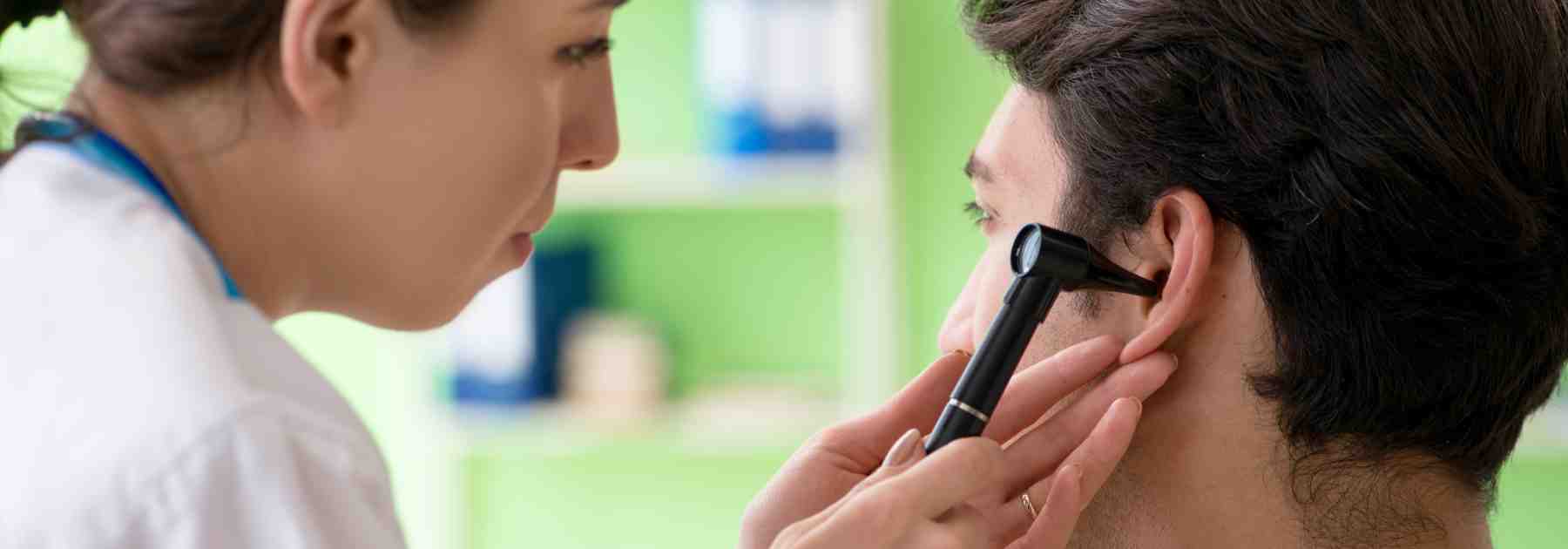At Eltham Pharmacy, we often speak to patients who love the convenience and clarity their in ear hearing aids provide—but aren’t so thrilled when they start to feel like their ears are blocked. That uncomfortable sensation of fullness, pressure, or reduced hearing can leave you wondering whether the device is helping or hindering.
The good news? Most causes of blocked ears related to hearing aids are simple to prevent or resolve with some easy adjustments. Here’s your guide to what you should and shouldn’t do when it comes to dealing with blocked ears while using in-ear hearing aids.
Don’t: Sleep With Your Hearing Aids In
Do: Take Them Out Overnight
Sleeping with your hearing aids in can trap moisture and wax inside the ear canal, especially with in ear hearing aids that form a tight seal. Overnight use can lead to irritation, an increased risk of ear infections, and even discomfort from pressure if you sleep on your side.
Give your ears time to breathe. Take your hearing aids out before bed and place them in a dry storage container. A dehumidifier case can help remove excess moisture and prolong the life of your device.
Don’t: Skip Cleaning Your Devices
Do: Clean Your Hearing Aids Regularly
Wax and debris can build up quickly on in-ear hearing aids due to their placement deep within the ear canal. If your hearing aid is clogged, it may cause a drop in sound quality and make your ears feel stuffed or blocked.
Make it a habit to clean your hearing aids each evening. Use a soft, dry cloth to wipe them down and a brush or wax loop to clear the microphone ports and sound outlet. If you’re unsure how to clean your specific model, visit our team at Eltham Pharmacy and we’ll guide you.
Don’t: Use Cotton Buds
Do: Use Ear Drops for Softening Wax
Many people reach for cotton buds when they feel their ears are blocked—but this often does more harm than good. Cotton buds can push wax further into the canal, increasing the blockage or even causing damage to your ear.
Instead, opt for pharmacy-recommended ear drops that gently soften wax. Products containing olive oil or hydrogen peroxide-based solutions can help loosen built-up wax over several days, making it easier to naturally clear or remove professionally.
Don’t: Ignore Persistent Blockage
Do: Book a Professional Ear Check
If the feeling of blockage doesn’t go away after cleaning your hearing aids or using ear drops, it’s time to have your ears professionally examined. You may have impacted wax, an ear infection, or a poorly fitting device.
At Eltham Pharmacy, we offer expert advice and can refer you to a trusted audiologist or ear care specialist. Never try to dig or flush out your ears yourself, especially if you’re using in ear hearing aids, as this can damage both your ears and your device.
Don’t: Rely on DIY Water Flushes
Do: Trust Professional Ear Irrigation
While it’s tempting to try over-the-counter ear syringes or home irrigation kits, they’re not always the safest option—especially if used without training. Incorrect use can lead to ear trauma, worsen a blockage, or cause infections.
Instead, trust professional ear irrigation. This safe, controlled method uses warm water to flush out softened wax, and it’s carried out by trained healthcare professionals. If you feel your ears are regularly blocked while using hearing aids, this might be the maintenance your ears need.
Don’t: Assume the Problem Is in Your Device
Do: Get Your Hearing Checked Annually
Sometimes what feels like a blocked ear isn’t wax or moisture at all—it could be a change in your hearing levels. If your current hearing aid no longer matches your hearing needs, your brain may interpret the reduction in clarity as muffled or blocked sensation.
Book a hearing check at least once a year. At Eltham Pharmacy, we’ll help you access local audiology services and ensure your device is still the right fit for your hearing profile.
Don’t: Delay Getting Help
Do: See a Professional if Symptoms Persist
If you experience ongoing fullness, hearing loss, pain, or discharge from the ear, don’t wait. These could be signs of an infection or impacted wax. This is where our professional ear care services become essential.
Contact us at Eltham Pharmacy or book an appointment today:

We’ll help identify the problem or connect you with a hearing care specialist who can. Never ignore symptoms, especially if they worsen or affect your balance, as these can be signs of something more serious.
Effective Hearing Support at Eltham Pharmacy
In ear hearing aids offer discreet, effective hearing support—but they do require proper care and occasional attention to your ear health. By following these proactive steps and avoiding common mistakes, you can enjoy better comfort, clearer hearing, and fewer blocked ear frustrations.
Need support or a referral for ear care services? Stop by Eltham Pharmacy—we’re here to help you hear your best, every day.
This blog was written on behalf of Eltham Pharmacy by Pharmacy Mentor.



